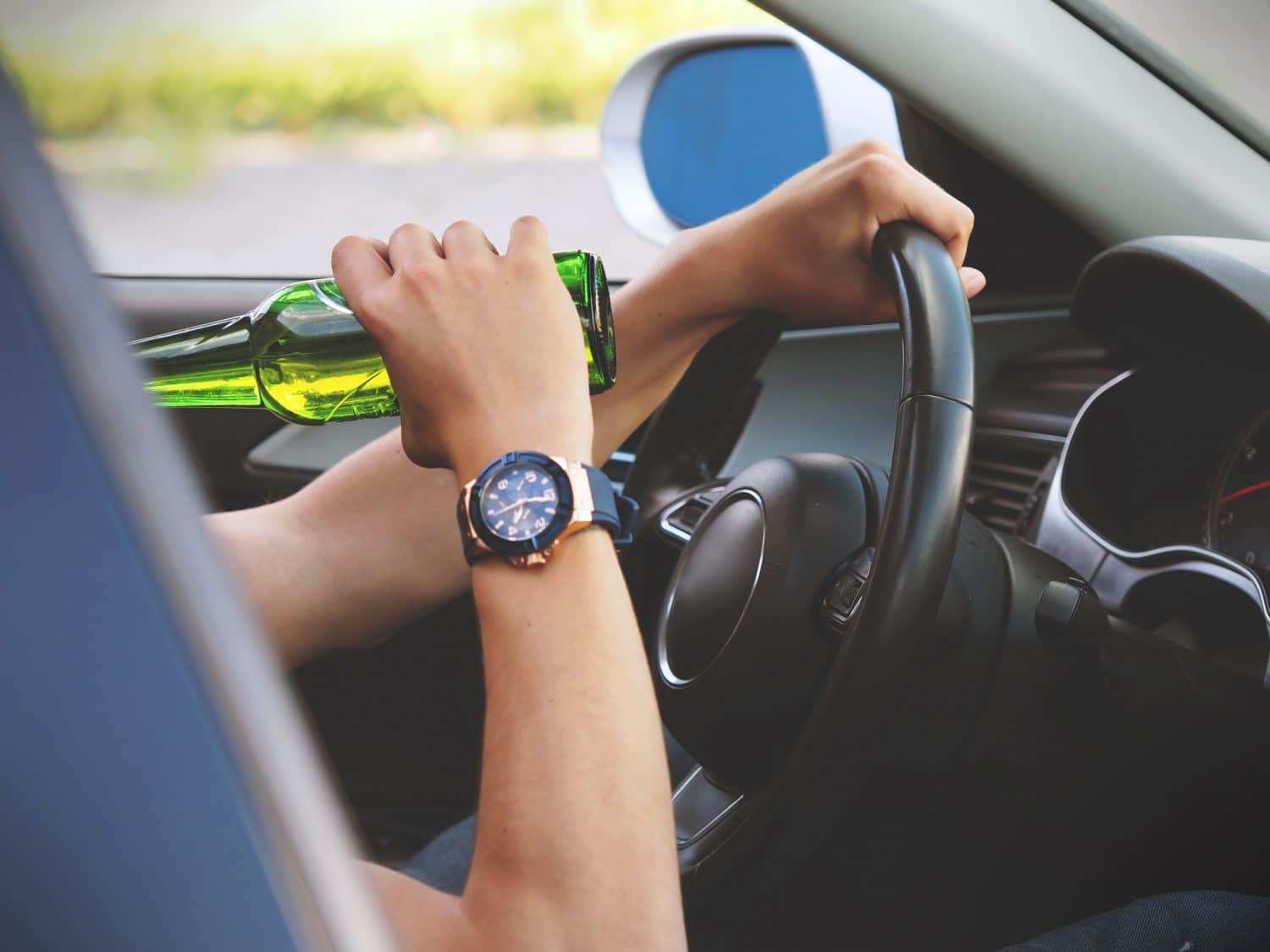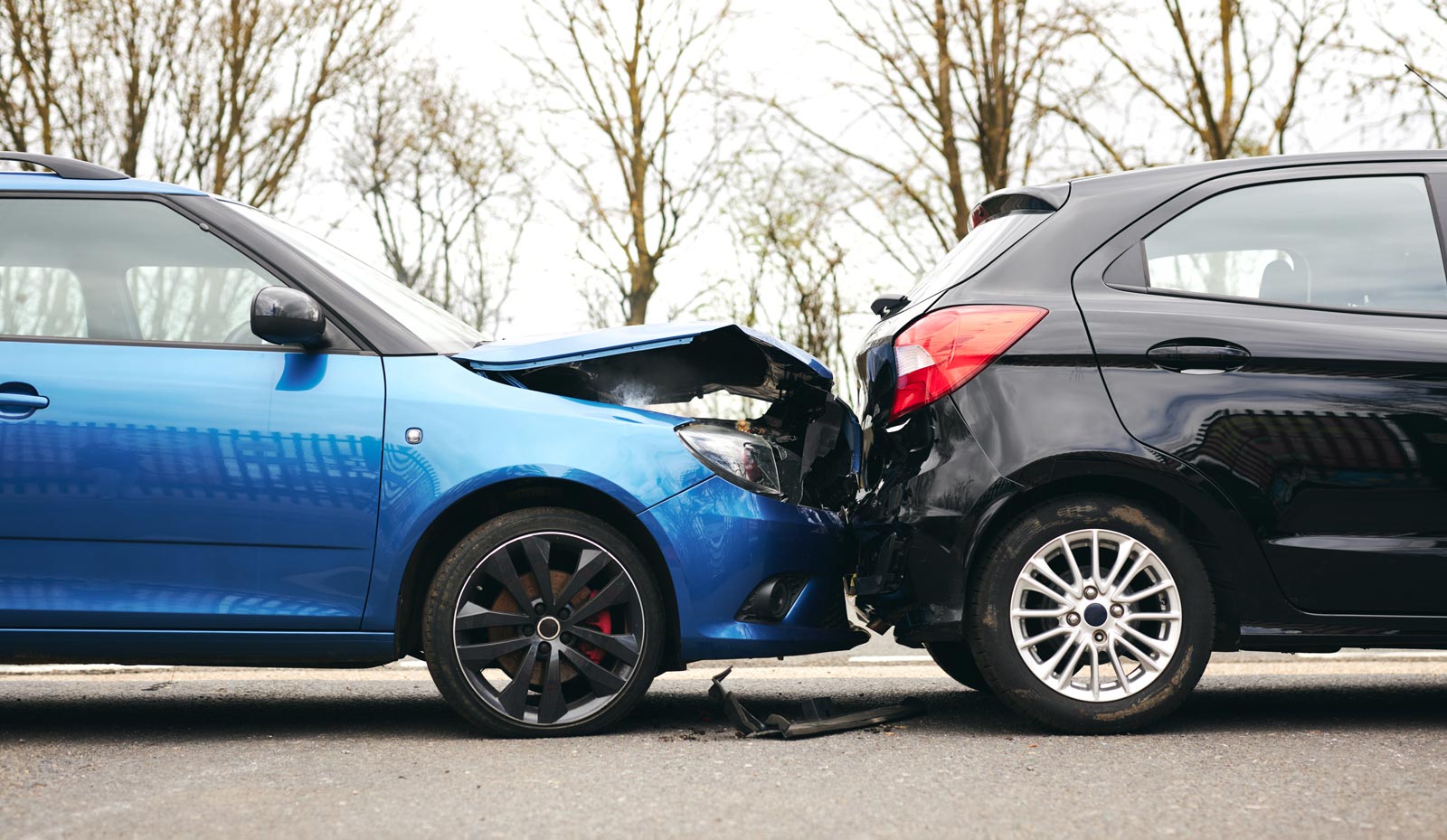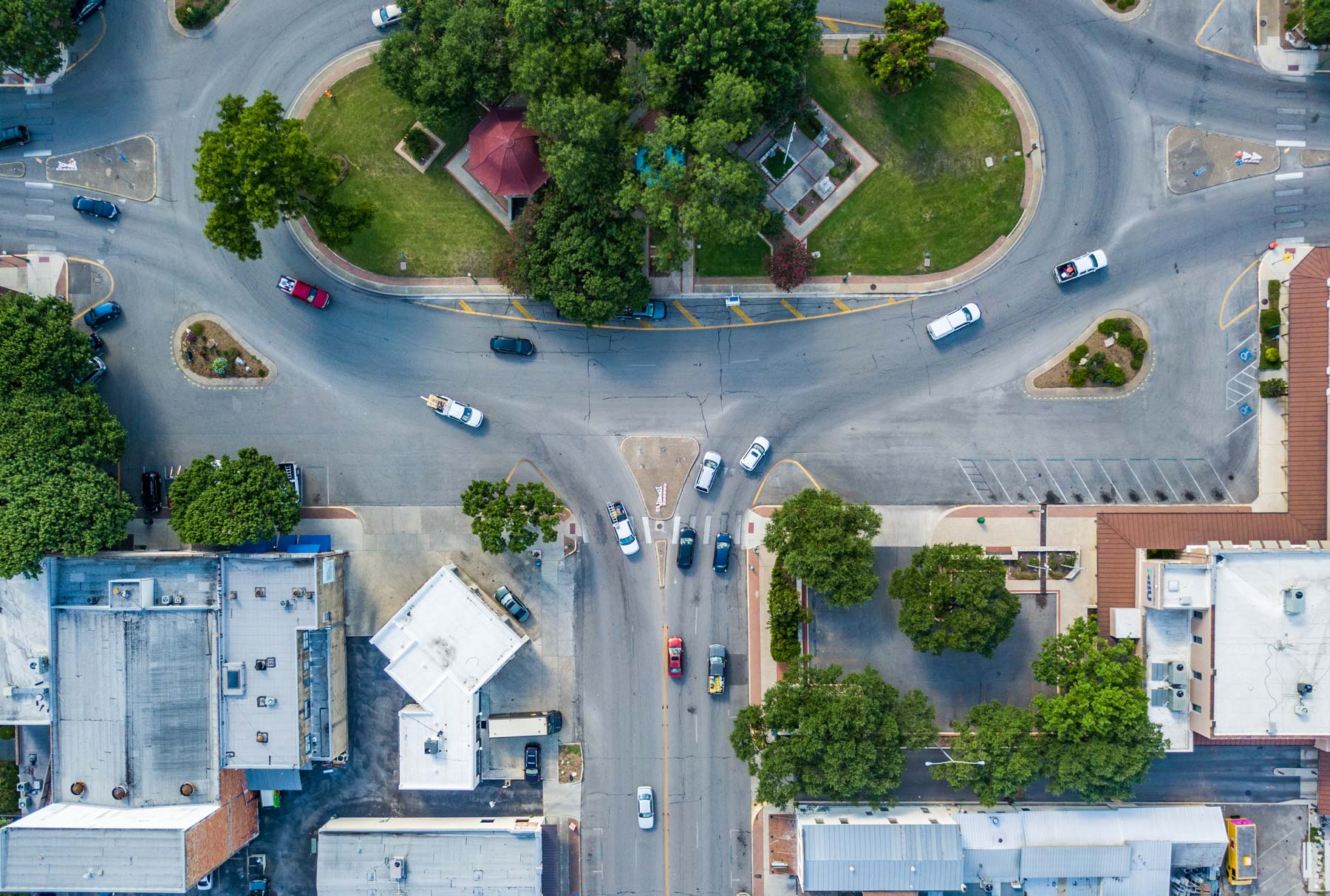Drunk driving accidents frequently involve shocking levels of negligence, especially when the driver had a very high blood-alcohol content (BAC). In a traditional personal injury claim, the accident victim simply demands compensation for their financial and emotional losses. However, in some DWI cases, you might qualify for additional damages.
Below, we provide more information about punitive damages and drunk driving accident claims.
Types of Texas Drunk Driving Claims
After a Texas drunk driving accident, you might have multiple claims. Examples include:
- Drunk driver negligence: these claims are filed against the drunk driver’s insurance company, based on the driver’s negligence.
- Dram shop liability: these claims can be filed against a bar that overserved the drunk driver.
- Social host liability: these claims can be filed against an individual who knowingly overserved a guest.
- Uninsured/Underinsured motorist claims: this claim is filed with your personal uninsured/underinsured motorist policy (when the driver has insufficient liability coverage).
Depending on the circumstances surrounding the drunk driver’s negligence, dram shop liability, or social host liability, your claims might include a demand for punitive damages.
RELATED VIDEO: I‘ve Been in an Accident, and the Other Driver Was Intoxicated. What Now?
What Are Punitive Damages?
In Texas, there are three types of potential damages in a drunk driving case: economic, non-economic, and punitive (or exemplary). Each serves a different purpose. Economic damages compensate you for financial losses associated with the accident, such as lost income and medical bills. Non-economic damages address other types of loss, such as pain and suffering, loss of consortium, and loss of enjoyment.
Punitive damages, on the other hand, are not compensatory. Instead, judges and juries award punitive damages to punish a drunk driver or other negligent party for grossly negligent or malicious behavior. Punitive damages might also deter additional DWIs, making our roads safer.
“Once you request punitive damages, you must provide clear and convincing evidence of gross negligence.”
How Do I Get Punitive Damages From a Drunk Driver?
The first step towards receiving punitive damages is filing a DWI accident complaint with the court. A complaint is a formal legal document that identifies the negligent parties and summarizes your legal claim. While your complaint does not need to include every detail, it’s important to adequately define your demand for damages. If you do not ask for punitive damages, the judge or jury will not award them.
Once you request punitive damages, you must provide clear and convincing evidence of gross negligence. A gross negligence claim has two elements:
- The negligent party should have objectively known that his or her behavior involved an extreme risk.
- The negligent party understood this risk, but didn’t care or disregarded it.
“Clear and convincing evidence” is a tougher standard than a basic personal injury claim. While it is less rigorous than the criminal “beyond a reasonable doubt” standard, you typically must show that there is very little evidence contradicting your claims.
In most DWI accident claims, you must have evidence of the driver’s level of intoxication and his or her behavior before and after the accident. In most circumstances, an accident involving “buzzed” driving will not merit punitive damages. Instead, you must show that the driver should have known that his or her level of intoxication would more likely than not cause an accident — and that he or she didn’t care.
Finally, you cannot receive punitive damages unless the jury makes unanimous findings about the drunk driver’s liability and your right to punitive damages. If even one jury member disagrees, the court must deny your request for punitive damages.
How Much Can I Get in Punitive Damages?
Texas also puts a cap on punitive damages. Your punitive damage award can rarely exceed:
- Double your economic damages
- Plus, either:
- Your non-economic damages up to $750,000
- $200,000
If your economic and non-economic damages are only nominal, you cannot receive punitive damages.
Do I Need a DWI Accident Lawyer?
It’s not easy to win a punitive damage award. You must fully document your economic and non-economic damages, develop your theory of gross negligence, and present clear and convincing evidence supporting your claims. And, since you can’t receive punitive damages unless the jury award is unanimous, you must prepare a well-developed trial strategy and presentation. Without a skilled DWI lawyer by your side, you might lose your right to punitive damages.
Your claim might be even more complicated if the drunk driver requests a bifurcated, or split, trial. In the first stage of a bifurcated trial, the judge or jury will decide whether the driver was negligent. Once negligence is established, you will have another trial where the judge or jury will decide whether the case merits punitive damages.
Finally, you should never accept a drunk driving settlement before you consult with an experienced San Antonio accident lawyer. Insurance companies sometimes try to take advantage of unrepresented accident victims by offering them unfairly low settlements. Without advice from a personal injury lawyer, you might give up your right to punitive damages and other valuable compensation.
Crosley Law Firm: Fighting for Injured Texans
At Crosley Law Firm, we pride ourselves on our personalized and focused approach to DWI claims. When you hire one of our skilled litigators, we will help you identify and document all of your damages, including punitive damages. We fight for fair compensation in all our cases, tailoring our demands to meet your unique circumstances.
If you have been injured or lost a loved one and would like more information about punitive damages in DWI claims, contact Crosley Law Firm for a free consultation. Simply complete our online contact form or call us at 210-LAW-3000/210-529-3000.
The content provided here is for informational purposes only and should not be construed as legal advice on any subject.









